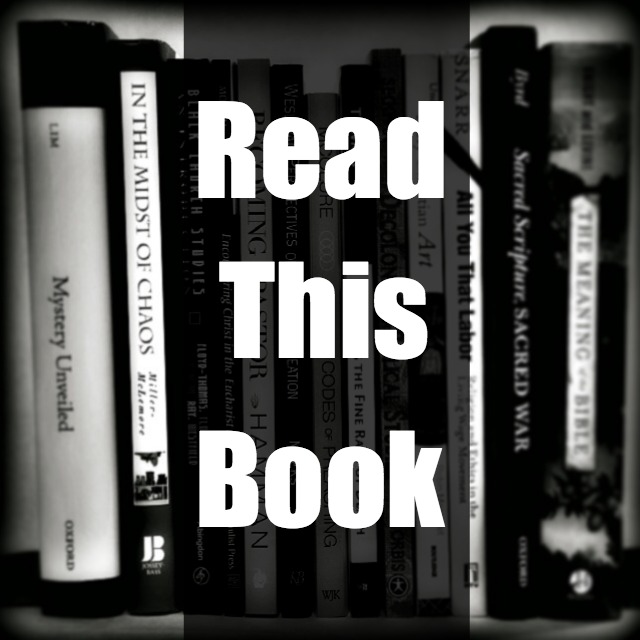 Each month, we ask a member of the Vanderbilt Divinity School faculty to recommend a book they are currently reading. Our August recommendation is offered by Bonnie Miller-McLemore, E. Rhodes and Leona B. Carpenter Professor of Religion, Psychology, and Culture.
Each month, we ask a member of the Vanderbilt Divinity School faculty to recommend a book they are currently reading. Our August recommendation is offered by Bonnie Miller-McLemore, E. Rhodes and Leona B. Carpenter Professor of Religion, Psychology, and Culture.
“Not a Snazzy Title But . . . .”
Thoughts on Heather Walton’s Writing Methods in Theological Reflection (London: SCM Press, 2014)[i]
Although Writing Methods in Theological Reflection (SCM Press, 2014) is not the snazziest title, this is one of the more creative books I have read in a long time.

Since I just did a blurb for the book, it is also fresh on my mind. “Only Heather Walton,” I claim, “with her passion for literary creativity and her academic insight and imagination, could pull off a book that is at once eminently useful for all who write theology and intellectually astute.” I end my blurb by simply stringing together adjectives: “Innovative. Provocative. Profound. A pleasure to read. A game-changer.”
I know. Endorsements are always effusive. But I’m not exaggerating. Let me try to explain.
First, I love how Heather writes. She writes beautifully. She is a practical theologian and religion and literature scholar who teaches at the University of Glasgow where I had the good fortune of spending two weeks as Robertson Lecturer in 2008. As her faculty website[ii] tells you, she has “pioneered research on the significance of literature in feminist theology” (her first book is Imagining Theology: Women, Writing, and God, T&T Clark, 2007), and she is currently working on a three volume series on theology and everyday life, beginning with a book on the new materialisms, God in Things.
As important, Writing Methods offers incredibly useful suggestions and examples on how to write theology in fresh creative ways. Each of the first three parts contains four chapters in which the first chapter describes a particular method for writing self-reflexively—autoethnography, journaling, and life writing—and the next three chapters offer examples from her own research. These illustrative chapters alone are worth the price of the book.
But so is Part 4 where she returns to larger questions about theology, phronesis, wisdom, and poetics or the “devices through which authors create their texts” (p. xxiv). So it would be an understatement to assume Writing Methods merely helps get the first-person singular back into your writing. The book reimagines where theological knowledge lies and how students, faculty, and religious professionals alike might go about discerning and articulating it across a range of disciplines and venues. I can imagine using the book in a ministry course on vocation or in an advance research course with doctoral students.
Maybe her own words say it better: “Much of what I write is entirely conventional, but in other fictive and elegiac pieces I am struggling to find forms of expression that are more able to bear the weight that theology does not seem able to carry at the current time. I am trying through them to bear testimony to ‘things’ about which direct speech seems currently not possible” (p. 161).
All I can say is: Keep doing what you’re doing and the rest of us will continue to benefit. Or, as I said to Heather in an email, “Reading your book was inspiring. Affirmed for me the value of fresh ways of writing and of writing out of my own life.”
[i] https://www.scmpress.co.uk/books/9780334051855/Writing-Methods-in-Theological-Reflection
[ii]https://www.gla.ac.uk/schools/critical/research/researchcentresandnetworks/literaturetheologyandtheartsatglasgow/staff/heatherforlta/